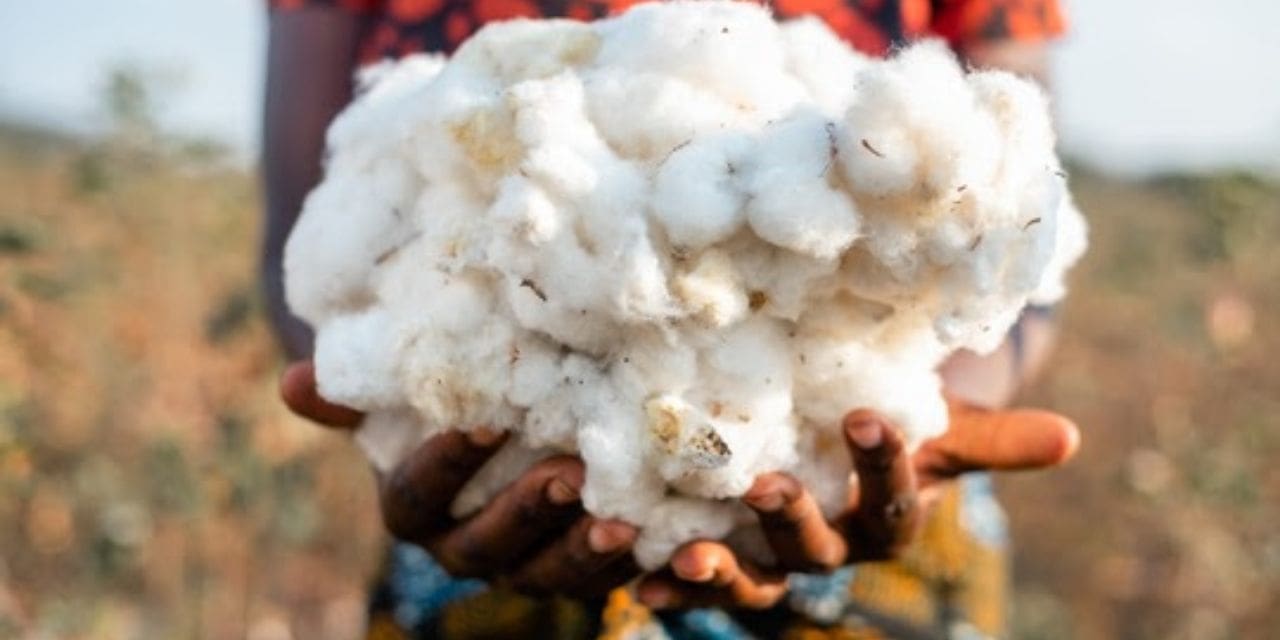Twenty cotton enterprises in eleven nations south of the Sahara carried out 23 verifications in 2023, ten of them in cotton ginneries (the initial stage of raw material processing) and thirteen in the field. According to verification data, partners have significantly improved since 2022. For example, they have received good ratings for small-scale farmers’ access to high-quality inputs and pre-financing for the same, as well as for the quality of cotton fiber. Excellent ratings were also given for parameters pertaining to supply chain transparency, such as prompt payments to CmiA-contracted farmers,
Respectable working conditions and assistance for small-scale farmers were rated as “very good,” in part because of the focus on safeguarding workers’ rights and health by establishing reasonable work schedules. In terms of the environment, CmiA cotton is still grown exclusively without the use of genetically modified seeds and without irrigation with either surface or groundwater. “Verifications guarantee that our standards are credible. The most recent data unequivocally demonstrate how our strong cooperation with regional partners
About 900,000 CmiA cotton farmers farmed 1.7 million hectares of land in 2022–2023 in compliance with CmiA or CmiA Organic standards. This yielded about 508,000 tonnes of ginned cotton for the world’s textile industry—roughly a billion t-shirts’ worth of cotton.
The report highlights a number of initiatives and occasions whereby AbTF collaborated with certified cotton firms to enable small-scale farmers and carry with the standards’ requirements in 2023, in addition to the verification findings. For instance, in order to assist its partners in carrying out the standards’ requirements, the Aid by Trade Foundation boosted its investment in communication and innovation.
Achieving success involved a number of multilateral partnerships, such as the recently formed Innovations Club, the CAR-iSMa project to support adaptation to climate change, and the growth of Benin’s organic cotton industry. Other important factors included regional workshops, interdisciplinary professional development activities, and training for farmers specifically focused on cotton.

